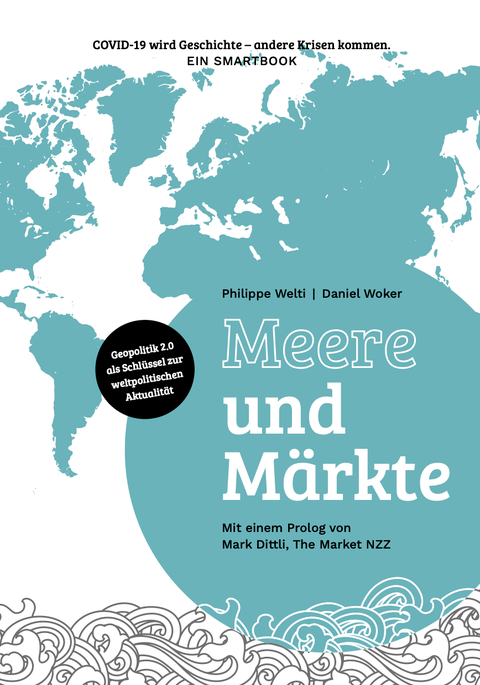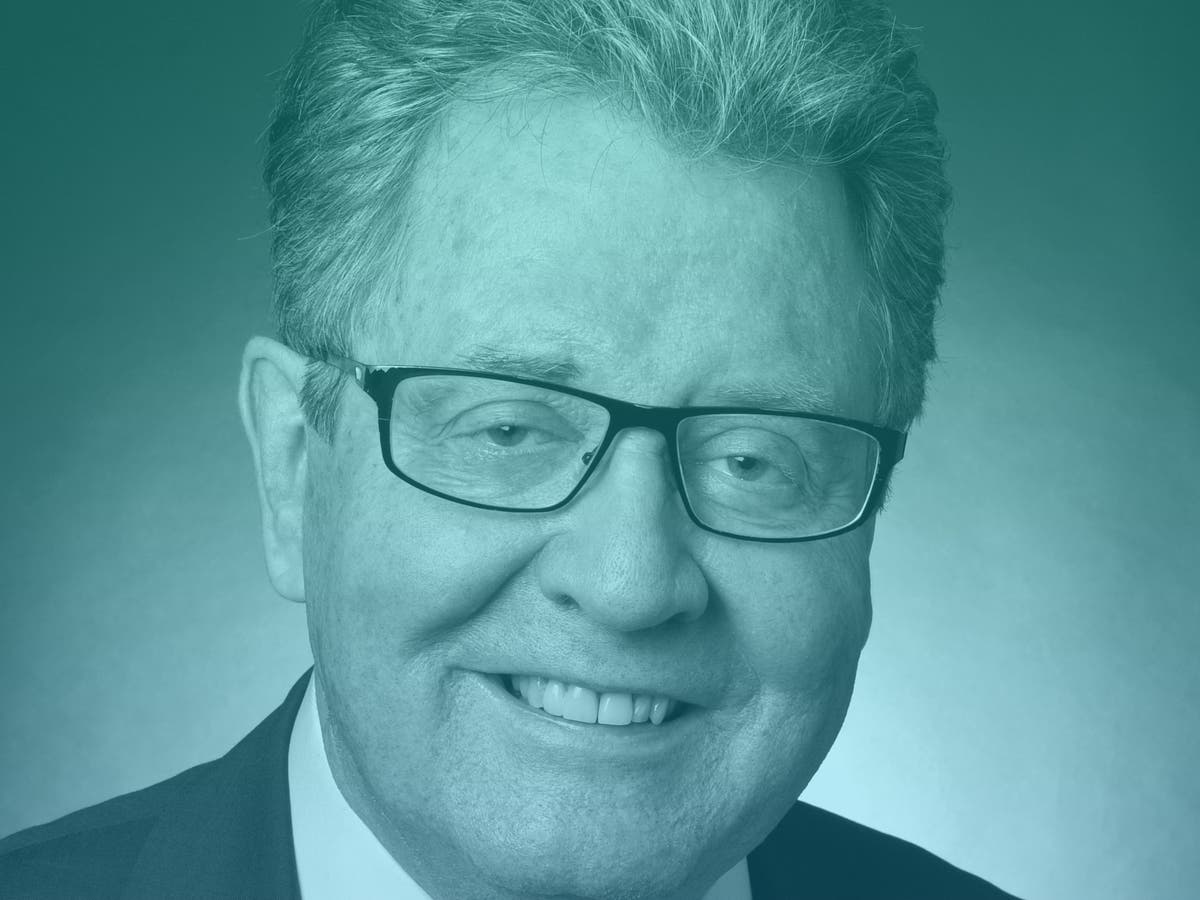A self-inflicted one triple whammy has brought the reputation of Switzerland, its highest representatives and its foreign policy to the lowest level since the Second World War: Deadlocked European policy, cowardly attitude towards Ukraine fighting for its existence and now the meltdown of Credit Suisse, which bears the national brand in its name.
The highest Swiss made the worst slip this year. What Federal President Alain Berset said in two interviews with «The weather” and the “NZZ on Sunday» on the Ukraine war was ethically reprehensible and foreign policy devastating – only the war criminal Putin is in the «war frenzy». With the exception of the Russian ambassador in Switzerland and the SVP, all national and international reactions were characterized by a lack of understanding, and in part by commitment. In doing so, Berset has permanently damaged his political legacy.
Europa
In addition, the Federal President is said to be part of the majority in the Bundesrat that does not want any real agreement with the EU on continuing the bilateral path before the federal elections. This must include the fundamental recognition of the last-instance competence of the European Court of Justice (ECJ) for the application of the internal market regulations. If Brussels does not grant an exception to Great Britain, which is strategically incomparably more important for Europe, this will be all the less possible for Switzerland.
Instead of further poisoning our European policy with election campaign politics, the Swiss state government should rather oppose the bugbear of the “foreign judges” pampered by right-wing and left-wing nationalists: As far as the internal market with all its accompanying freedoms is concerned – Switzerland belongs to it and to a large majority in the He seems indispensable in Switzerland – so the judges in Luxembourg are not only German, French and 25 other nations, but also Swiss judges.
In this matter, as in other controversial points, the visit of EU Commissioner Maroš Šefčovič to Switzerland has obviously brought no progress. On the contrary, Switzerland’s intransigent stance on supporting Ukraine will further dampen the general climate of talks between the neutral outsider and EU member countries.
It is assured that the EU is not striving for a direct coupling of European and Ukraine policy. But it should be obvious that a German government, for example, will have even less patience for Swiss extravaganzas in European politics in view of Bern’s blunt no to the transfer of ammunition and tanks to the distressed Ukraine.
Ukraine
This is the current main problem of Swiss foreign policy. Due to neutrality and the War Material Act, it is impossible to deliver more than humanitarian aid to Ukraine. Both are wrong. Neutrality is one of several means of conducting a sensible foreign policy. That is what the federal constitution provides. Where neutrality is not appropriate, it should not be used.
In a naked war of aggression, according to the current rules of international law laid down by the UN, the attacked party has the right to defend himself and to count on the help of those who share his values. So there is neither a reason under international law nor a moral justification for invoking neutrality.
The law on the export of war material, and especially its tightening shortly before Putin’s attack on Ukraine, was intended to prevent exports to conflict zones where the distinction between attacker and victim is not clear, but not in defense against aggression and thus to prevent an attack on basic Swiss values.
In addition, under this law, authorization to pass on war material belonging to third parties is possible without further ado; if necessary with emergency rights. Applying the latter obviously caused no trouble for the Federal Council in the wake of the Credit Suisse debacle.
Swiss credit
What half-truths and untruths as well as omissions on the part of the long rogues gallery of those responsible in the private and public sectors has come together is likely to be unprecedented.
Here the view is limited to official Swiss representatives. For the writer, who once represented Switzerland in the Gulf, this began with the last financial crisis in 2008/9. Credit Suisse’s self-praise at the time that, unlike UBS, it was not dependent on state aid, was ridiculous, but was accepted in Switzerland without objection.
Ridiculous, because the emergency financing came from the oil sheikhdoms, especially Qatar, where, as is well known, no distinction is made between the state and private coffers of the ruling families. So it was also state aid and under worse conditions than UBS received in Switzerland.
The top executives of Credit Suisse at the time, as purely private-sector representatives, stood hat in hand in the desert. That this time a Saudi investor heralded the final demise of the big bank was his good commercial right. Why should he have taken Switzerland’s reputation into consideration?
This in contrast to the Swiss “trinity” – after a bon mot Financial Times comprehensive Finance Minister Karin Keller-Sutter, National Bank President Thomas Jordan and Finma President Marlene Amstad – on the black weekend of 18./19. March. It remains to be seen whether this last-minute effort will stem the immense damage caused by the core meltdown of the well-known Swiss bank.
Rules on ownership – the actual expropriation of foreign bond owners – and on competition had to be disregarded because time was short – all options other than a cheap takeover with a state guarantee for any losses by the future monster bank UBS were ruled out. This will lead to an avalanche of lawsuits from abroad and to political unrest in Switzerland.
For the third time in a very short time, the supposedly shiny Swiss brand has suffered deep scratches. Our country is once again seen as a well-managed island that is not governed with foresight in emergencies and crises.
Daniel Woker
Seas and Markets: Geopolitics 2.0 as the Key to Current Global Politics

